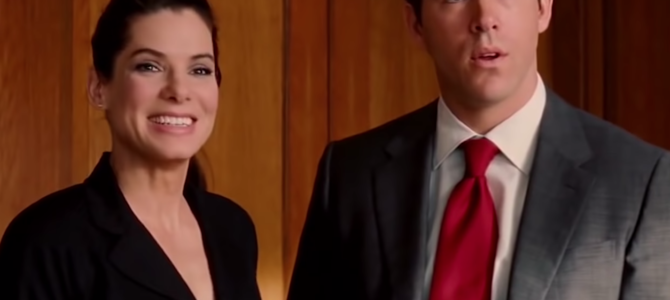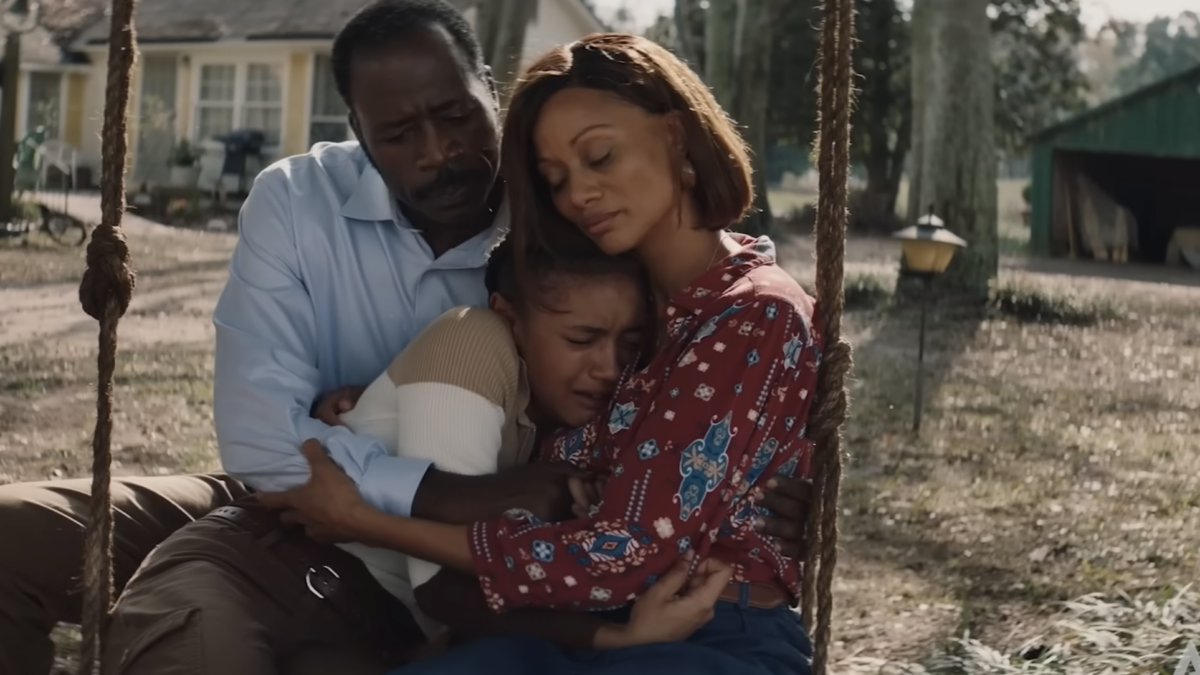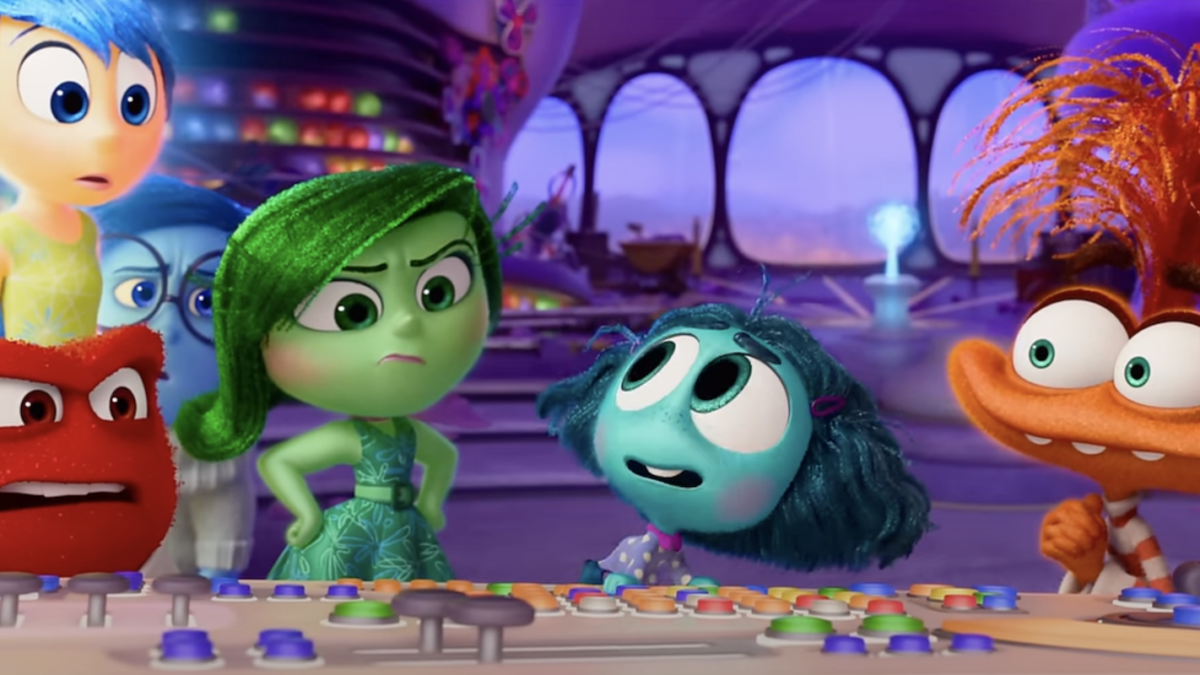
SPOILER ALERT!
One night this summer, I had nowhere to be and nothing particular to watch, so I let Amazon recommend a movie. They got me right by recommending a rom-com starring Ethan Hawke, whom I’ve loved ever since “Reality Bites.” But they got me oh, so wrong by selecting “Juliet, Naked.”
Now, given that the movie is based on a 2010 Nick Hornby novel of the same name, I suppose it wasn’t a totally bonkers suggestion. After all, I loved “High Fidelity” and “About a Boy,” both of which also began as Hornby novels. But “Juliet, Naked” is different. I could forgive the movie for not being my kind of funny, but being anti-romantic was the kiss of death. And for a movie marketed as a rom-com, its story wasn’t stellar, but its ending was offensively bad.
The movie’s title refers to a fictional musical album, but it was a forgettable one, even in the movie. While watching, I found myself distracted, thinking about how I was witnessing the death of cinematic romance in our porn-saturated era.
In “Juliet, Naked,” we see a likable 30-something woman (voluntarily) trapped in a long-term relationship with a man. She clearly wants children but tries hard to sublimate that desire because he’s adamantly opposed. And while they live together, he largely spends his time gossiping about his favorite retired rock star. At one point, the boyfriend is exasperated he can’t find batteries for his Discman — because they’re all in his lady’s vibrator.
Since it’s a rom-com, the title character ditches her loser boyfriend (after he cheats on her) and ends up involved with his beloved rock star. But because this movie was made in 2018, as opposed to 2008 or 1998, they don’t end up together. Rather than trying to make a messy but loving relationship work with the charming but flawed musician, our heroine leaves her small British town for a new job in London and sets her sights on single motherhood.
To say this was a thoroughly unsatisfying ending is an understatement. It completely violated the rules of the genre.
What Rom-Coms Should Be
Rom-coms have always been escapist fantasies — fairytales for women, if you like — so even if film critics pan them, they remain beloved by fans. Where pornography has traditionally catered to male wish fulfillment, the rom-com has done the same for women. The love and the romance are the point.
Some rom-coms are more creative, while others are formulaic (see: the Hallmark Channel), but that’s all part of the charm. The female protagonist might start out in a tough spot, but as an appealing and relatable woman, she’s guaranteed a happy ending. Viewers cheer because her victory is our own.
Now, what that happy ending looks like varies by movie, but by its very nature, that ending is supposed to involve an adult love match for the heroine. Rom-coms aren’t about celebrating single life in perpetuity. Nor are they intended to celebrate career success or the bond between a mother and her child. The latter is wonderful, but it represents a completely different kind of love. No, a rom-com is supposed to champion the sort of romantic bond between two adults that lays the foundation for couplehood and family life.
The ending needn’t be dramatic, but it should be hopeful. Weddings are nice but not required. There just needs to be a hint, perhaps as simple as hand holding, that a deserving heroine will end up with her “one.”
What Rom-Coms Have Become
In recent years, though, too many moviemakers have seemingly forgotten all of this, or perhaps they’ve simply decided it’s more sophisticated to take heroines in different, less romantically inclined directions. So we’ve seen a shift away from easily lovable heroines who are open to the possibility of true love (think Drew Barrymore in “Never Been Kissed,” Renée Zellweger in the first “Bridget Jones’ Diary,” Sandra Bullock in “Miss Congeniality,” or Jennifer Garner in “13 Going on 30“) and toward women obsessed with their careers (Rachel McAdams in “Morning Glory” comes to mind).
Many of these career women aren’t particularly likable (recall Katherine Heigl in “The Ugly Truth” or Bullock in “The Proposal,” in which Bullock is the least charming part of the whole movie), and they’re typically too busy “having it all” to maintain a successful relationship. So these women find themselves in increasingly repetitive stories where they’re being cast as the butt of jokes (“The Ugly Truth”), or are matched with long-suffering, high EQ men who welcome couplehood (“The Proposal”). In the latter sort of stories, viewers could be forgiven for wondering why such men choose these women, unless we’re also seeing the heroine evolve to become her best self, as in “Sweet Home Alabama.”
When a movie declares game-over because a divorced 40-something mom has a post-separation, post-cross-country-move affair with a thoughtful but imperfect 20-something (as happens in “Home Again“), it feels like something’s broken. Leaving aside the matter of the age gap, do we the audience now accept the handsome good guy as a palette cleanser, rather than Prince Charming? Do we no longer want our heroine to find someone worthy of her love and make some sort of commitment that might fulfill them both?
It shouldn’t be so hard to make watchable movies with likable characters who grow — characters who not only are, or become, deserving of love but also find it. For inspiration, check out “My Big Fat Greek Wedding,” “Wedding Crashers,” “The Holiday,” “Confessions of a Shopaholic,” “Silver Linings Playbook,” “Dorfman in Love,” and “Austenland.” These aren’t documentaries. It’s okay if they draw from fantasy. In fact, that’s the whole point.









